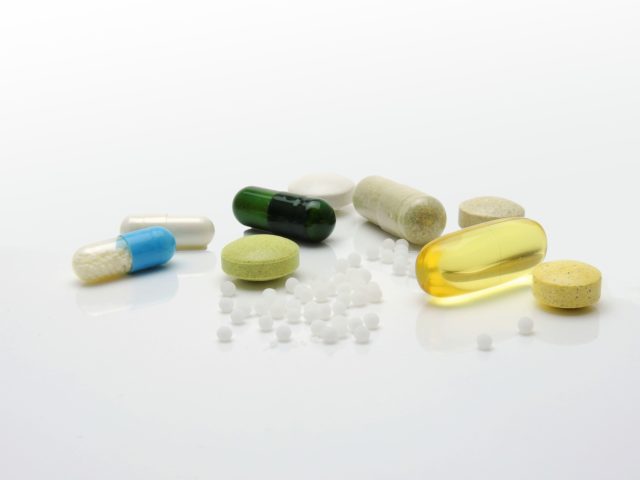Dietary supplements are often marketed as health-promoting products, but evidence suggests that some of these products may actually be doing the opposite. Could your supplements actually be harming your health instead of helping it?
Lack of Dietary Supplements Regulation and Testing
Dietary supplements include not just vitamins and minerals, but also those derived from amino acids, herbs, enzymes, glands and a host of other things. The global dietary supplement market reached $82 billion in 2013.
Much of the growth in the market is due to the fact that products can enter the market without any testing for quality, purity or safety by the Food and Drug Administration (FDA).
It takes years and millions of dollars to bring a pharmaceutical product to market. Selling a supplement doesn’t require such an investment.
The main caveat here is that supplement makers can’t claim that their products can treat, prevent, cure or diagnose diseases. But these are the exact reasons why people take supplements.
Without industry regulation, approval or testing, it can be extremely challenging to know what’s in the supplements you’re taking.
FDA Warns about Tianeptine in Supplements
In 2018, the FDA warned that some dietary supplement makers were selling products that contained tianeptine. These companies also illegally marketed their products as treatments for serious conditions, including pain, depression, anxiety and opioid use disorder.
Supplement makers are prohibited from marketing their products as cures for anything, and the FDA has not approved tianeptine for any use.
According to the Bochanis law firm, tianeptine is a chemical compound with potentially harmful side effects, including:
- Gastrointestinal problems
- Cardiovascular problems
- Neurological problems
Users may find themselves addicted to tianeptine. The FDA has warned consumers to avoid all products that contain the compound, which is also known as: tianna, tianeptine sulfate, tianeptine sodium powder, tianna white, tianna red and tianna green.
Other Harmful Ingredients in Dietary Supplements
Supplements may also contain other harmful ingredients, including:
- Lead, mercury and PCBs
- Titanium dioxide
- Talc or magnesium silicate
- Artificial colors
- Hydrogenated oils
Products that are marketed as cures or treatments are especially dangerous. It is illegal for supplements to be marketed for such purposes. Companies that use deceitful and illicit marketing practices are not likely to produce quality products. Ultimately, you have no idea what you’re ingesting when you buy any kind of supplement.
Research and Testing Before Buying
Because supplements are not tested or regulated, it’s impossible to know what’s in the product you’re buying.
Products that are third-party tested can give you some peace of mind that the product contains the ingredients it claims to contain. However, it’s crucial to ensure that the testing is done by a third-party, independent company.
Many companies talk about in-house testing for quality, but this should not be mistaken for a third-party test for purity and contents.
Reputable companies that test their products will display the results on their website and/or product pages.
Research and testing can go a long way in ensuring that you’re buying supplements that actually contain what they claim to contain.








